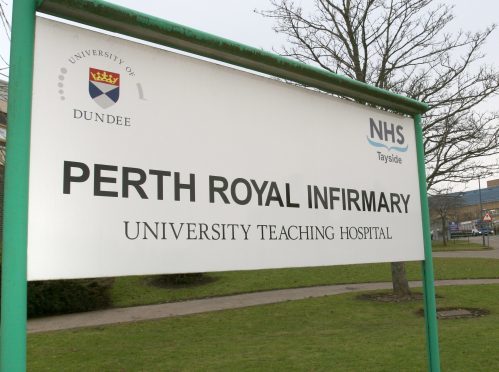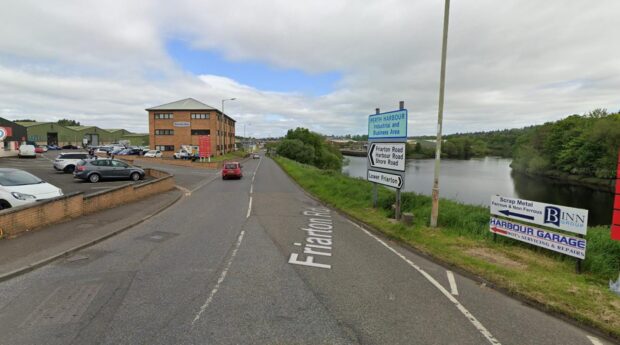NHS Tayside has been ordered to apologise for its failings in treating a woman who became pregnant after her birth control failed.
The Scottish Public Services Ombudsman (SPSO) ruled that the woman, who was identified only as Mrs C, had not been treated quickly enough.
She had been referred to Perth Royal Infirmary after medics were unable to find her internal birth control, known as an intrauterine device (IUD).
A scan showed the IUD could have migrated to her abdomen, but she was then found to be pregnant so doctors could not perform an x-ray to confirm its exact location.
The pregnancy was not viable so a termination was performed and the woman was discharged without having had an x-ray to locate the missing IUD.
Her GP arranged an x-ray, which showed the device was in her abdomen, and she was referred to gynaecology for surgery to locate and remove it.
The woman raised concerns to the SPSO about the failure to x-ray her after the termination and about her surgery, which was more complex than expected.
She said she was told an x-ray would be taken before the surgery to confirm the exact location of the IUD and she queried why this did not happen.
Mrs C also complained about delays in her gynaecology appointment and in the board’s response to her complaint.
NHS Tayside agreed Mrs C should have been x-rayed after her termination and they apologised for this. They said the delay in gynaecology appointments was due to increased demand, and they were taking action to improve this.
However, they considered the surgery was carried out appropriately.
In upholding Mrs C’s complaint, the SPSO said: “We agreed the board should have x-rayed Mrs C earlier, and we found unreasonable delays in arranging the gynaecology appointment. However, we found that the surgery was carried out reasonably.
“The adviser explained that x-rays are not normally used to confirm the location of an IUD before surgery, as an x-ray cannot show the exact location (in three dimensions) and the position of the IUD can also change during the surgery as the patient is moved.
“We found the delay in responding to Mrs C’s complaint was unreasonable, as the bulk of the delay (over five weeks) was caused by a delay in the draft response being signed off, rather than the investigation itself.”
The SPSO recommended that NHS Tayside prove that it is trying to meet standards for gynaecology waiting times and that they review their complaints handling process.
A spokeswoman for NHS Tayside said, “We have written to the patient involved in this case and apologised, and we have taken action to address the recommendations.”20










